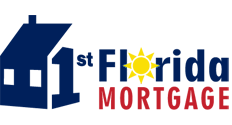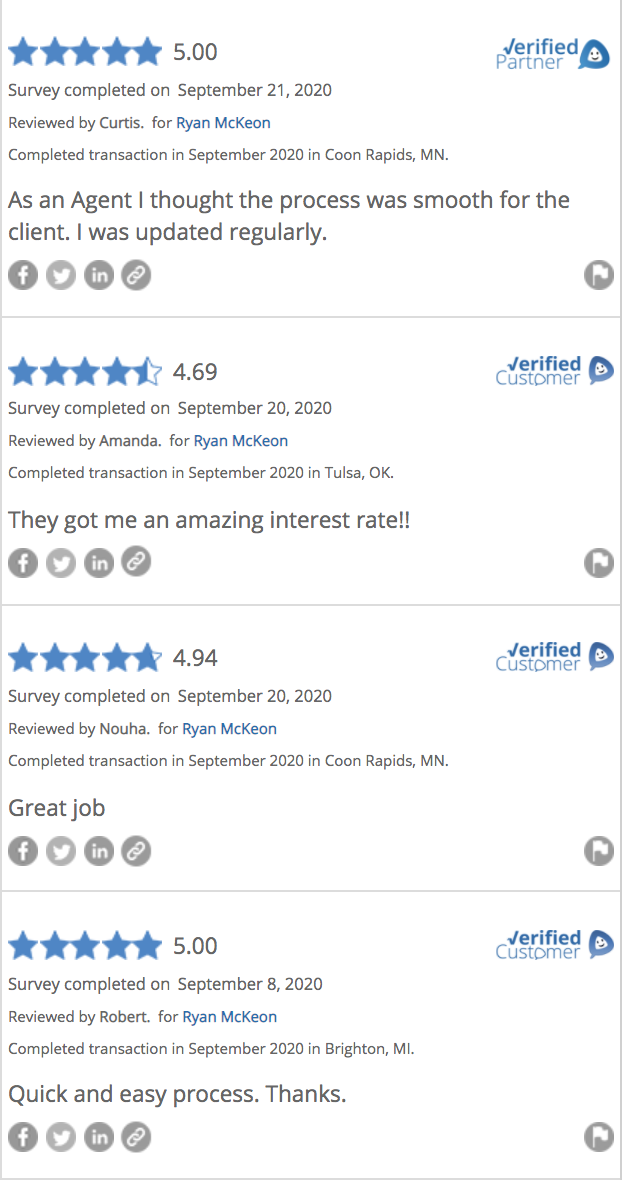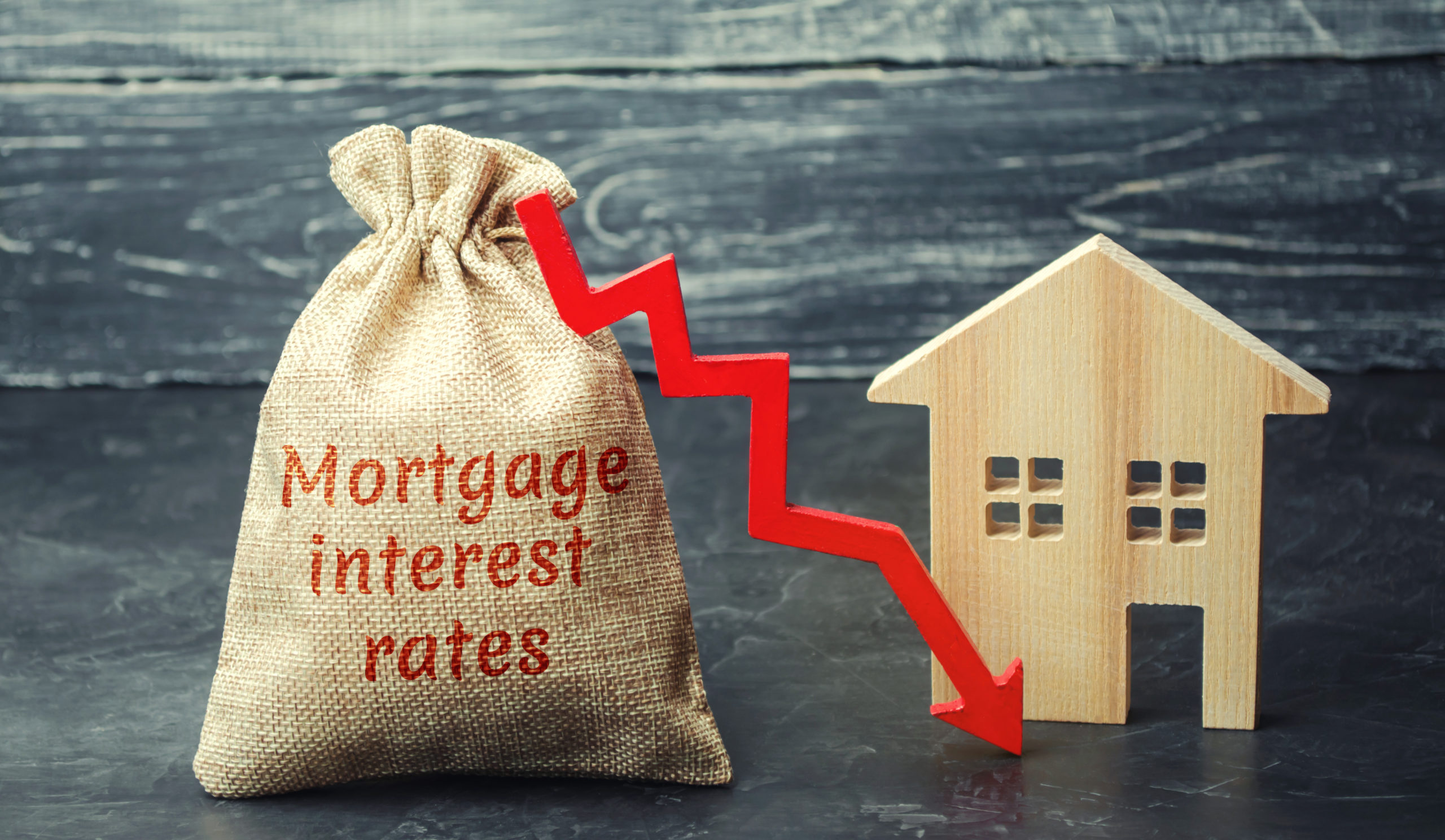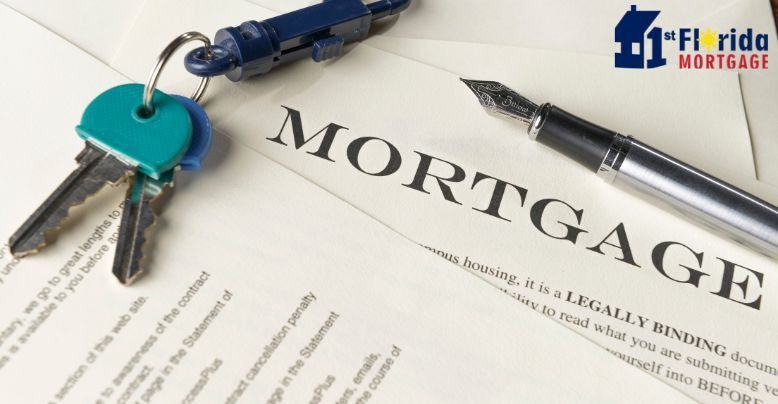Buying a home is a serious undertaking, and can be stressful at times. Between keeping paperwork organized, meeting deadlines, and research—and working to sell your home at the same time can turn into one big, overwhelming headache. Here are a few things to keep in mind when you’re buying and selling a home simultaneously.
You can be in the process of buying and selling at the same time, but you won’t close on a new home the exact same day you sell your old home. You’ll have to rely on the current state of the market and potential buyers. You might find a great home you’re ready to buy, but you haven’t yet received any offers on your current home. Or you find yourself facing a quick sale, but you haven’t found your new home just yet. There are ways to get these dates closer to one another, but chances are, your focus will have to be more on either buying or selling first, and there are pros and cons to each.
The Pros and Cons of Selling First
When you sell your home before buying a new one, you’ll know precisely how much money you have to work with. A new mortgage is easier to obtain after you’ve sold your old home, and you won’t be facing two mortgage payments, which can be a strain.
Selling first is usually the best decision, but it comes with a few disadvantages, too. You could sell quickly without having a new home to move into. That would mean renting while you look for a new home. You may have to rent a storage unit and keep some of your belongings there until you find a home, which essentially means moving twice.
The Pros and Cons of Buying First
If you buy first, you’ll have plenty of time to move and settle in to your new home. Also, you’ll have time to thoroughly prepare the other property for sale.
However, if your home takes a while to sell, you’ll most likely be paying two mortgages at once. If your home is already paid off, then you don’t need to worry, but many families’ budgets would struggle with two mortgage payments. The prospect of two mortgage payments can make it much more difficult to qualify for that new mortgage, because you then have a much higher debt to income ratio.
Your income will have to support both mortgage payments if you’re buying a house before you sell. If you’re struggling to show enough income to qualify for the new loan without adding in your existing mortgage, you may not be able to qualify with both unless you can find a lender that will allow a higher debt to income ratio.
You may be able to rent your old home out for a while to help cover the mortgage payments while you move into your new home. The drawback to that is you now have all the responsibilities of being a landlord—yet another stress to add on to that of buying and selling at the same time.
Research the Real Estate Market
Discover if the market in your area currently favors sellers or buyers. While selling first might seem logical, it also depends on the market, so be sure to research prices both areas—where you’re buying and selling. You can balance out the strengths and weaknesses on both ends much better by improving your knowledge of the current market.
As a general rule, you want to sell first in a buyer’s market. In a seller’s market, you might consider buying first, if you know the property can indeed sell quickly. The last thing you want is to be responsible for paying interest costs on two loans, or seeing equity in your properties vanish because you can’t sell the original home. Be sure not to mix business with any personal feelings about your own property and remain objective to ensure it is the type of property that would be sought by buyers.
Coordinate Closing Dates
If at all possible, you want the closing date on your old home to come after your new home. You can make the selling and buying dates line up a little better by preparing for one while actively doing the other. For example, if you’re actively selling your current home first, you can prepare to buy your new home at the same time. Research your options, keep your credit score high, and research loan options.
Add a Contract Contingency
You can also line dates up by asking to add a contingency to your contract, whether you’re buying or selling. If buying, you can ask the seller to make your purchase contingent upon the sale of your current home. This might work for sellers who are having a hard time finding a buyer.
If selling, you can negotiate with your home’s buyer instead. Ask to add a contingency to the contract that makes the closing date line up with the finding and closing date on a new home. You’ll find some buyers won’t agree to an open-ended period, but some will be so eager to buy your house that they’ll agree to delay the closing until you close on a new house or until a certain number of days pass.
Another option is a rent-back arrangement. With a rent-back, the buyer agrees to rent out your current home back to you for a short time after you sell it. You negotiate a lower sale price or agree to pay the new owner rent. In exchange, you get to stay in your home for a certain time period—say 60 to 90 days—while you shop for your new home. Keep in mind that not all lenders allow it, but it’s more convenient than selling your home, moving into a rental property, and then moving again into your new home.
Consider Bridge Financing
Bridge loans are temporary loans that bridge the gap between the sales price of a new home and a home buyer’s new mortgage, in the event the buyer’s home has not yet sold. The bridge loan is secured to the buyer’s existing home. The funds from the bridge loan are then used as a down payment on the new home.
Basically, it’s a short-term loan that uses your old home’s equity to help pay for the new one. You use the money to put a down payment on your new house, and then repay the loan in full when you sell your first home. With a bridge loan you can put your home on the market without any restrictions.
First Florida Mortgage Can Help
It’s possible to minimize the stress of buying and selling a home at the same time, with research and preparation. Know the market, know your options, and have a plan to make the process as seamless as possible.
At First Florida Mortgage, we are a Florida based mortgage company, and specialize in FHA home loans for first time home buyers. FHA loans are a great option for first time home buyers—if this is your first home purchase, a Florida FHA home loan is probably your best option due to the low down payment and easier credit standards. Your down payment can be as low as 3.5% of the purchase price, and closing costs and fees can be covered by the seller. Call First Florida Mortgage today at 1-407-392-4031 or fill out the quick contact form to speak with a Florida FHA loan consultant and get a free good faith estimate.





